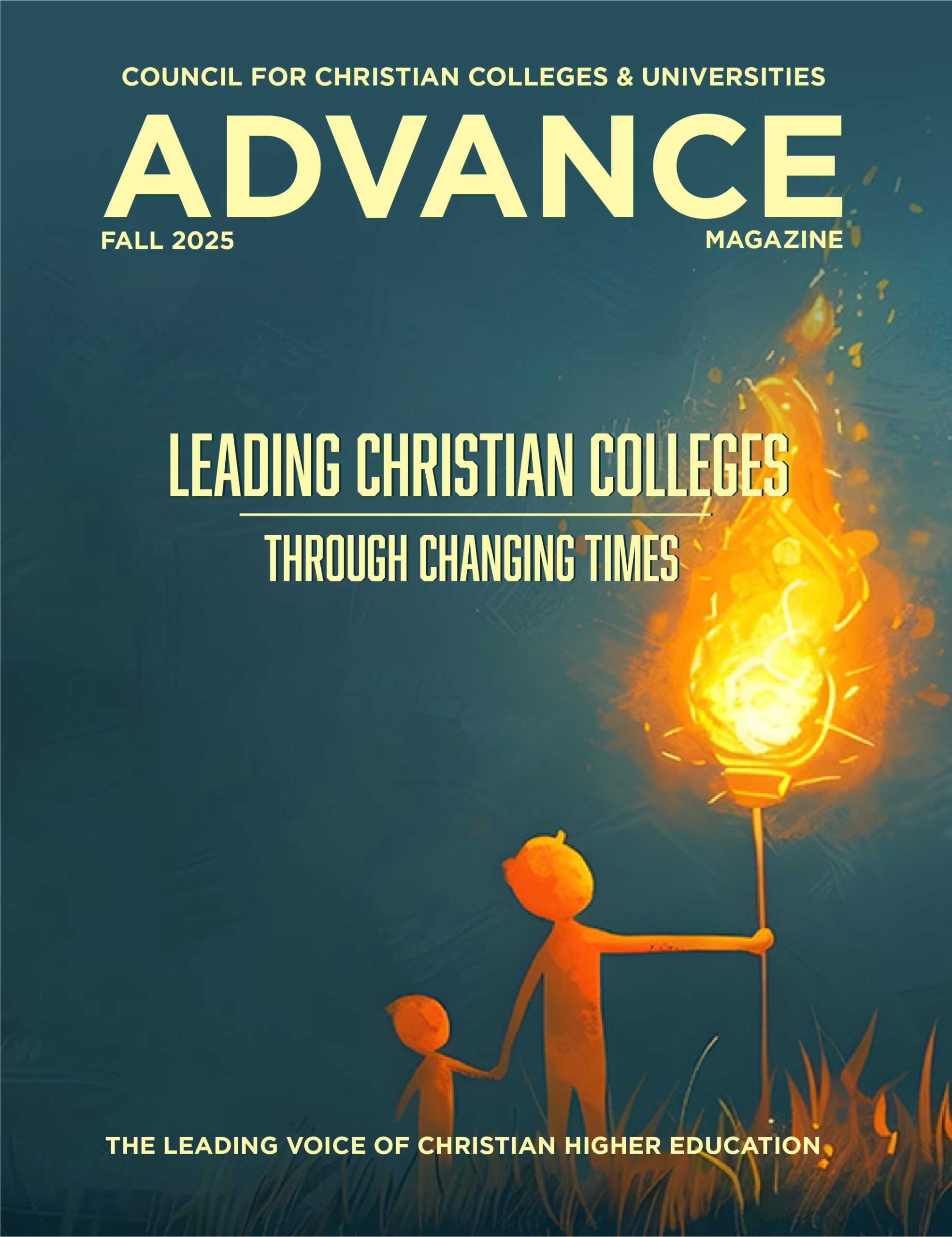Magazine

In days when our institutions face such stiff headwinds, it is perhaps also possible to wonder (especially in today’s highly politicized educational environment) if we sowed the wind and are now reaping the whirlwind, particularly as we manage institutional mission and the contributions of the differing parts of the modern university. In this context, I sometimes wonder what Lewis and Clark thought of Thomas Jefferson, and he of them. Discovery, research, entails risk; risk entails danger but also opportunity. They had such distinctly different roles, depended on one another, and benefited from each other; millions have benefited from their teamwork and their combined contributions in the intervening years.
Research is a process of discovery, and universities are the institutional structures developed in part to support, enhance, and extend opportunities to discover more about our world and ourselves, building that opportunity for discovery into the pedagogy that forms and informs new generations. Hence, universities are also a place that must take certain risks and manage danger, as well as fear. For liberal arts institutions, such research is integral to developing critical thinkers and lifelong learners. It must be led by faculty who have been trained to take risks and executives who know how to manage those risks.
In Christian higher education, we integrate this discovery process within a deep Christian mission, together with faithintegrated pedagogy, all with the view that we conduct this work coram Deo, before the face of the divine. As Christian institutions, we integrate our scholarly and pedagogical mission with our credal and theological commitments (the two are not necessarily the same!). Add to this an additional challenge: we work to serve, and must respond to, the founding churches and denominations, the students and their families, our local communities, the broader society, and the common good. No two of these groups completely share the same commitments and vision for our institutions, let alone all of them, and no single group is monolithic either. The leadership must set out for the institution a strategic path, shaping the course and commitments. Institutions establish a true north for themselves within these frameworks, each with their own variation in direction, medium of action, and means of achieving their goals. This situation alone is cause for sleepless nights for those leading our institutions.
The faculty live on the leading edge of this work. Faculty may accept the idea of an institution’s true north, but the way north is rarely clear; they remind us that the path does not follow a straight line, and we usually lack a clear map. This uncertainty can be cause for tension. Research is discovery, an adventure where one has a sense of a goal (though the goal itself will grow and alter, may even change dramatically), but not necessarily a clear sense of where the path will lead either in the short- or long-term. Both the path and outcomes can be highly provisional.
The fabric of our educational institutions incorporates commitments that can inherently lead to conflict, discomfort, and consternation for some.
Some of the greatest discoveries that shape our modern world arose out of no precise direction “toward something.” Often, these discoveries did not even present a practical, immediate benefit: Michael Faraday, who discovered the ability to induce electricity, also came up with field theory; building on Faraday’s theory, James Clerk Maxwell—driven by curiosity—developed his four equations which are so fundamental to modern physics; their work led to Einstein’s theories but also the work of Hedy Lamarr, actress and brilliant mathematician who, upon hearing that the Allies needed to prevent torpedoes from jamming, developed a system for frequency hopping which made possible modern wireless technologies. Discovery built upon discovery to transform our world.
Of course, these examples come from what we retrospectively view as relatively untroubling areas of research; walking the uncertain path of research becomes more immediately difficult when a faculty member’s work either specifically or implicitly challenges key commitments, common views, or matters that create division and anxiety (cf. Galileo’s work). It is well to remember that the Reformation of the 16th century was birthed through this very process. Challenging orthodoxies is not necessarily wrong, else we would never reform any of our ways of understanding.
Sometimes, a tension can develop between administrators and the faculty, trained to be impractical, seeking the answers to questions, some of which are still unknown. As I’ve previously written in this magazine (Fall 2020), citing Abraham Flexner’s famous argument in his The Usefulness of Useless Knowledge, research is a long game. At times, it can appear useless and, when resources are in short supply, cause some to question the value it brings.
Is discovery a distraction or even counter-productive to a Christian higher education institution’s core mission? Reform is part of our mission. The faculty are out in the field taking risks, including those that can productively shape their teaching, sometimes in uncomfortable ways. Their risks may add to executives’ sleepless nights. It may look like faculty are out on the wild frontier, running amok in the field and in the classroom, indifferent to policy and institutional needs, and the work of the many administrators that enables the institution to thrive, the work needed to keep the ship afloat. In the main, however, that would be a wrong estimation of faculty’s role, vocation, purpose, and contribution.
Meanwhile, higher education executives have to keep the institution running and make possible its mission. Their vocation is profoundly shaped by the need to balance all the constituencies noted above. That task is not just herculean, but impossible. Their mission requires them to meet multiple needs—especially in such treacherous and difficult times as now, when institutions face massive headwinds—build the institution, solve multiple perhaps intractable problems, find the funding, contend with legal issues, manage best practice in pedagogy, HR, student life, enrollment management, facility management, trustee management, all while working with the denominations and churches that have a vested interest. This is just a short summary which alone causes high anxiety; consider what the full list must entail. It may look like the management are simply sitting in the castle protecting the domain. In the main, however, that would be a wrong estimation of their role, vocation, purpose, and contribution.
The fabric of our educational institutions incorporates commitments that can inherently lead to conflict, discomfort, and consternation for some.
Key to my flourishing as a Christian, a scholar, and an administrator is keeping a clear sense that Christ is the Lord of the journey, its tools and means of transport as well as the outcomes. I do not always have to see, know, and be able to identify God’s particular purpose or locale in the particulars to be committed to Him, to experience His presence, and to work in a way that honors Him. That is to say, fidelity to Christ does not depend on our ability to predict and identify His place in research means or outcomes.
Whether you are a faculty member or an administrator, our vocations mean living with uncertainty and tension. We have to be able to thrive, plot our way north, and walk the path with a lack of clarity that would drive some mad. We have to be able to see and enjoy the hand of God without being able to readily predict His activity and particular purposes in our current environment. Whether one’s mission takes one out on the frontier to discover or keeps one in the fort strengthening the work, our mission is advanced coram Deo amid uncertainty and tension, not because of our failings now but the result of life in a world full of mystery and uncertainty. Job (though not his “friends”) discovered this long before universities appeared on the scene. There is much to be discovered yet, some of which we may unravel, teaching our discoveries to the coming generations.
Perhaps Jefferson, Lewis, and Clark apprehended this? Perhaps theirs is a salutary example that can inform our mission?
STANLEY P. ROSENBERG, Ph.D, is the CCCU’s vice president for research and scholarship and the executive director of SCIO: Scholarship & Christianity in Oxford, the CCCU’s U.K. subsidiary.


